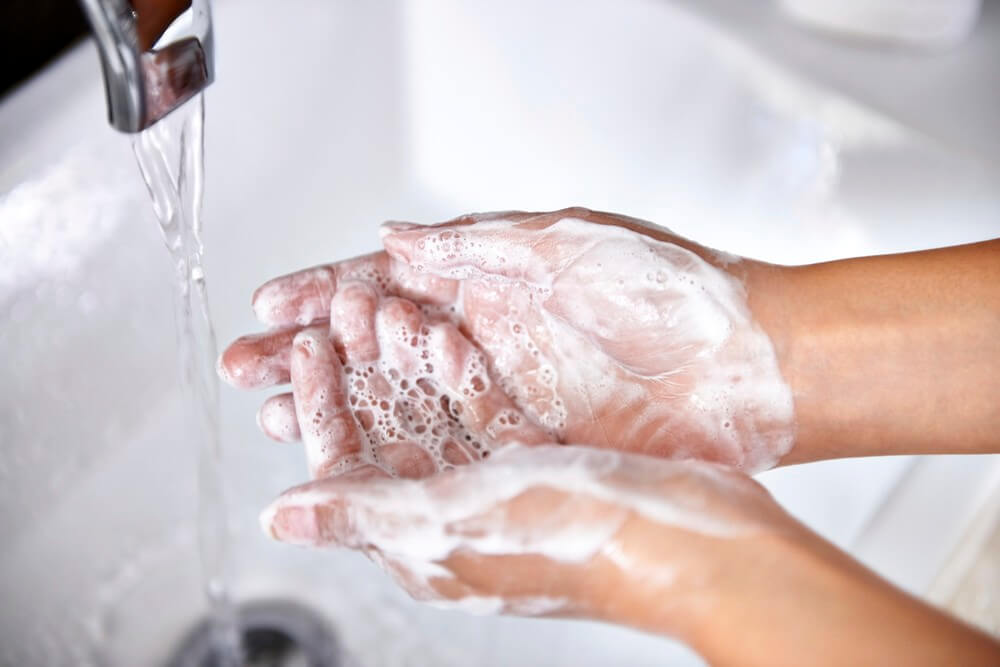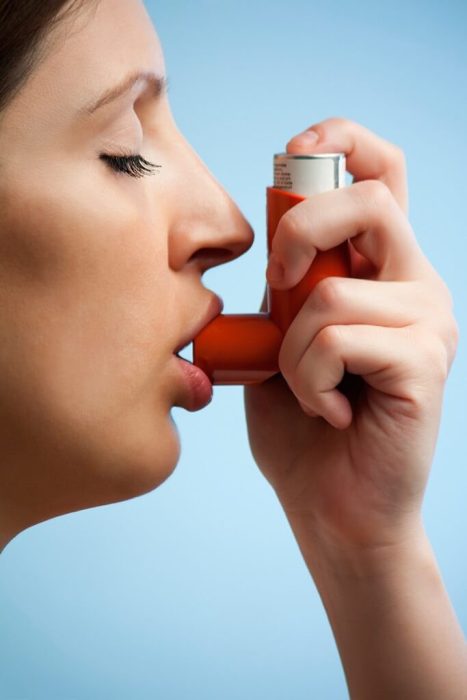Antibacterial soap no better than plain soap in killing germs
This Week in Health: Antibacterial soap no better than plain soap in killing germs

iStock
Location of study: South Korea
Results: If you cling to the idea that antibacterial soap is superior to plain soap, think again. A new study found no significant difference in bacteria-busting ability. Researchers zeroed in on antibacterial soap containing an ingredient called triclosan, a popular antiseptic. What they found was that it wasn’t any more effective than regular soap when it came to killing germs.
Significance: It should be noted that when the bacteria was exposed to triclosan for a nine-hour period, it was significantly more effective. But since most folks only wash their hands for six seconds, these benefits seem irrelevant. Even when you consider the CDC’s current recommendation that we wash our hands for 20 seconds, the study still found no real superiority with antibacterial soap.
Location of study: U.S.
Study subjects: Over 3,000 people
Results:Experts say that current and former marijuana users appear to be more likely to develop prediabetes. Researchers found that when compared to those who’d never used marijuana, people who’d used high levels during their early adult years were 40 percent more likely to develop prediabetes at middle age.
Significance: The condition, which is characterized by inadequate blood sugar control, can lead to Type 2 diabetes if left unchecked. “In general, these findings are significant because there are many questions regarding the health effects of marijuana use for which we have no answers, and this is a public health concern,” says lead researcher Mike Bancks, a Ph.D. student at the University of Minnesota School of Public Health.
Results: Ever find yourself struggling to fall asleep after indulging in an after-dinner cup of coffee? The fact that caffeine interferes with sleep isn’t exactly a novel finding. However, researchers have now discovered the unique ways in which caffeine disrupts our circadian rhythm. It turns out that consuming the equivalent of a double espresso three hours before bedtime actually turns back the body clock by almost one hour.
Significance: “The effect of caffeine on sleep and wakefulness has been long established, but its impact on the underlying body clock has remained unknown,” Dr. John O’Neill, joint lead researcher at the MRC Laboratory of Molecular Biology, said in a press release. “These findings could have important implications for people with circadian sleep disorders, where their normal 24-hour body clock doesn’t work properly, or even help with getting over jet lag.”
Content provided by ZipTrials, a trusted source for the most up-to-date medical news and trending health stories.


















